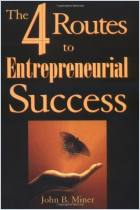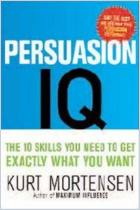
Read or listen offline
Recommendation
Using the approach of an economics business model, John Kay defines the major characteristics firms have used to succeed where others fail. To get on the right side of that fence, he says, work your corporate strengths. Kay maintains that success hinges on distinctive abilities a firm can muster to add value for its particular customers. These unique traits include skills, reputation, and relationships. While the book (and the reader) may choke a bit on the academic charts and examples, real meat is hidden here. On the plus side, Kay writes in a fairly clear, spare style that makes complex ideas easy to follow. On the minus side, he repeats the same basic principles and ideas. While executives might glean some real support for developing their companies’ strengths, getabstract recommends his book primarily to business school academics and to those top-level managers interested in studying and applying theoretical models.
Take-Aways
About the Author
John Kay is a professor of economics at the London Business School, where he has served as a director of the Center for Business Strategy. He wrote Foundations of Corporate Success, which was published in England in 1993. He adapted this book for the American market in Why Firms Succeed.

















Comment on this summary or Démarrer une discussion